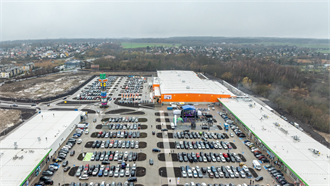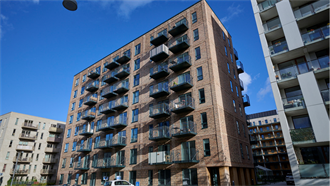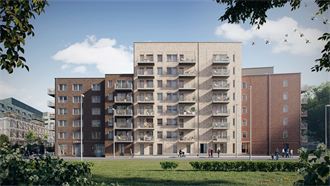The European hotel sector will have to take more pain before things get substantively better, according to Dirk Bakker, CEO Netherlands and head of hotels EMEA at property adviser Colliers.
Speaking at Expo Real, Bakker said he was not pessimistic about the outlook for the sector and was seeing signs of improvement.
‘Since about two months there is new activity in the market,’ he said. ‘In southern European countries there is a lot of holiday traffic again. Those are also the countries that suffered the most from the very beginning of the pandemic.’
Thanks to government support in almost all European countries, a lot of hotels were able to stay in business. Hotels in bigger cities suffered the most, while leisure hotels managed to stay open and profited from domestic tourism.
According to Bakker, there is now enough confidence among investors to start stepping into the market again. Some deals have taken place recently in Germany and the volume will probably go up later this year and in the first quarter of 2022. At the moment a relatively large number of transactions are taking place off-market, he noted.
Bakker cited Amsterdam as an example of a city with a good mix of leisure and business visitors. ‘It is still behind compared to other markets. Amsterdam had a really tough time and hotel occupancy is now at 30-40%.’
There are roughly two kinds of hotels, Bakker explained: the ones where an owner rents the building to an operator and others where the operator owns the building. The operator who rents has fixed monthly costs and in general this kind of hotel suffered the most during the pandemic. By contrast, owner-operators had less of a hard time.
New leisure hotel projects are able to find financing, Bakker believes, although in cities it is still difficult. 'Developers would have to be prepared to bear more of the risks,’ he said.
A big positive for the hotel sector, according to Bakker, is this: there is a lot of capital available.


































